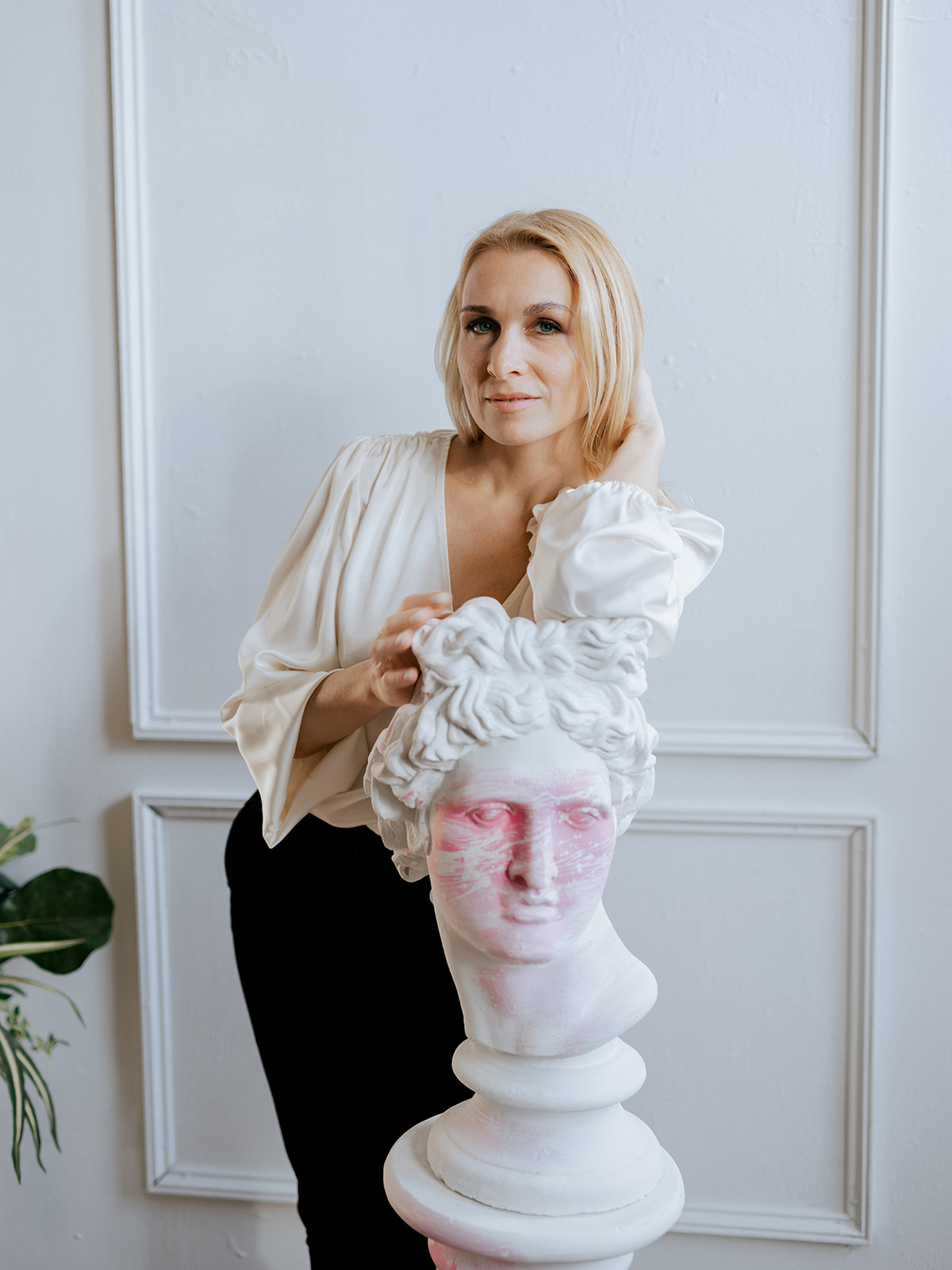We caught up with the brilliant and insightful Maria Freeman a few weeks ago and have shared our conversation below.
Alright, Maria thanks for taking the time to share your stories and insights with us today. Setting up an independent practice is a daunting endeavor. Can you talk to us about what it was like for you – what were some of the main steps, challenges, etc.
For as long as I can remember, the workings of the human mind and energy have been my greatest fascination. However, my formal education did not initially align with this passion. My first degrees were in law and management in Russia. Yet, my true interest always lay in exploring human psychology, subconscious programming, and the forces that shape our inner world.
In 2019, I took my first formal steps toward this field by studying psychosomatics and earning a psychology degree in Russia, along with ICF certification in coaching. With this education, I finally realized that I had found my true calling—one I was ready to dedicate my life to.
I launched my coaching practice simultaneously in two countries—the United States and Russia. The core message of my work is simple yet profound: a person’s state of being—their emotions, reactions, and overall sense of self—determines their reality. By shifting our internal state and transforming our reactions, we can significantly influence our lives.
Along the way, I sought out various tools to enhance my work with both the mind and body. I integrated the use of essential oils and the Sadhu board (a traditional board with nails) into my practice, discovering their profound effects on emotional and physical well-being.
The next natural step was retreats. Partnering with a like-minded colleague, I began organizing transformative retreat experiences across different states. These retreats provide a space where participants can shift their state, break free from limiting beliefs, and create meaningful changes in their lives.
Perhaps the greatest challenge in building my practice was navigating this journey while going through a divorce and raising two children on my own. As an immigrant in the U.S., taking the leap to fully commit to my passion felt like a significant risk. It was a difficult period, both emotionally and financially.
But looking back, I know I made the right choice. The fulfillment I experience every day—seeing the profound changes in my clients’ lives—reinforces that I am exactly where I am meant to be.
For those embarking on their own journey in this field, my advice is this: listen to your heart, choose yourself, and follow your dream despite the fears that arise. I firmly believe that when you take a step toward your dream, it takes ten steps toward you.

Maria, before we move on to more of these sorts of questions, can you take some time to bring our readers up to speed on you and what you do?
A Holistic Approach to Transformation: My Unique Methodology
What sets my work apart is my ability to see a person as a complex, interconnected system—where the mind, body, energy, and mental programming are inseparable. You cannot work on one without addressing the others, which is why my approach operates on all these levels simultaneously.
Studying scientific psychosomatics gave me a deep understanding of how subconscious programs are formed and, more importantly, how they can be transformed across all levels. It also revealed the intricate ways in which our bodies respond to our psychological states.
That’s why my work does not focus on treating surface-level symptoms—whether they manifest as emotional struggles (lack of fulfilling relationships, financial difficulties, fear of self-expression, etc.) or physical conditions (allergies, chronic headaches, etc.). Instead, I help my clients uncover and address the root cause behind these challenges.
Through deep inner work, we identify these core issues together. Often, they stem from unresolved emotions, unaccepted life circumstances, or decisions that were never fully processed.
Thanks to my experience and the range of tools I use in my practice, I guide my clients toward these realizations as early as our first session.
Mastering the Art of Emotional Processing
One of the most valuable skills my clients gain through our work is the ability to fully experience and process their emotions. Most of us were never taught how to do this as children. In fact, society often discourages emotional expression—many people feel ashamed to cry, even though it is a natural and powerful form of emotional cleansing.
True strength, however, comes from embracing our vulnerabilities and learning to express the full spectrum of our emotions. I believe that mastering this skill leads to profound emotional and physical well-being. That’s why I’m currently developing a course called “Emotional Processing”—a practical guide to help people reconnect with their emotions and integrate this essential skill into their daily lives.
Guiding Clients Through the Reprocessing of Negative Experiences
Another cornerstone of my work is helping clients move through past negative experiences that they may have been stuck in for years. We are conditioned to fear pain—both physical and emotional—because our psyche perceives it as unsafe. However, within a safe and trusting therapeutic space, even the most painful emotions can be processed and released. This is where real transformation occurs.
The Impact of My Work Across All Areas of Life
I work with a wide range of client concerns that span all aspects of life—business, personal fulfillment, self-expression, relationships, and overall well-being. Time and time again, I have witnessed how working with subconscious programming leads to breakthroughs in multiple areas simultaneously.
One of my favorite tools in this process is systemic constellations—a powerful method I use both in group retreats and individual sessions. Clients are often amazed at how this technique allows them to deeply sense and understand another person’s experience when they step into a role during a session. It’s an incredibly effective approach to uncovering hidden dynamics and resolving deep-seated issues.
The Power of Online Work
While I offer in-person retreats and group work, the majority of my practice takes place online. I see this as one of the greatest advantages of our time—it allows me to work with clients all over the world, providing them with transformative experiences no matter where they are. I’m grateful for this opportunity and for the ability to connect with people across different cultures and backgrounds.
Through my work, I help clients step into a more empowered, authentic, and harmonious version of themselves. And that, for me, is the most rewarding part of this journey.

If you could go back, would you choose the same profession, specialty, etc.?
A Non-Linear Path to My True Calling
I believe that few people have taken as long as I did to choose their profession. Before finding my calling, I earned several completely different degrees. At first glance, this might seem like a waste of time.
But in reality, we never know when our true talents will start to emerge. In my case, it happened naturally—through conversations with people. Over time, others began telling me that coaching and psychology were my innate gifts.
Additionally, my diverse experiences allowed me to engage with people from all walks of life—business leaders, artists, scientists, and individuals from different cultural backgrounds. This exposure significantly expanded my communication skills, deepened my understanding of various personality types, and enhanced my ability to see multiple paths for personal growth. All of this has greatly contributed to my professionalism in my field.
So no matter how long or winding the journey to your true profession may be, it is always worth it. In fact, I believe that this kind of path is exactly what each of us needs to shape us into the professionals we are meant to become.
At first, it might seem like I made mistakes or took too long to arrive at my career. But looking deeper, this journey has only made me a more well-rounded and multidimensional specialist—something I am truly grateful for.
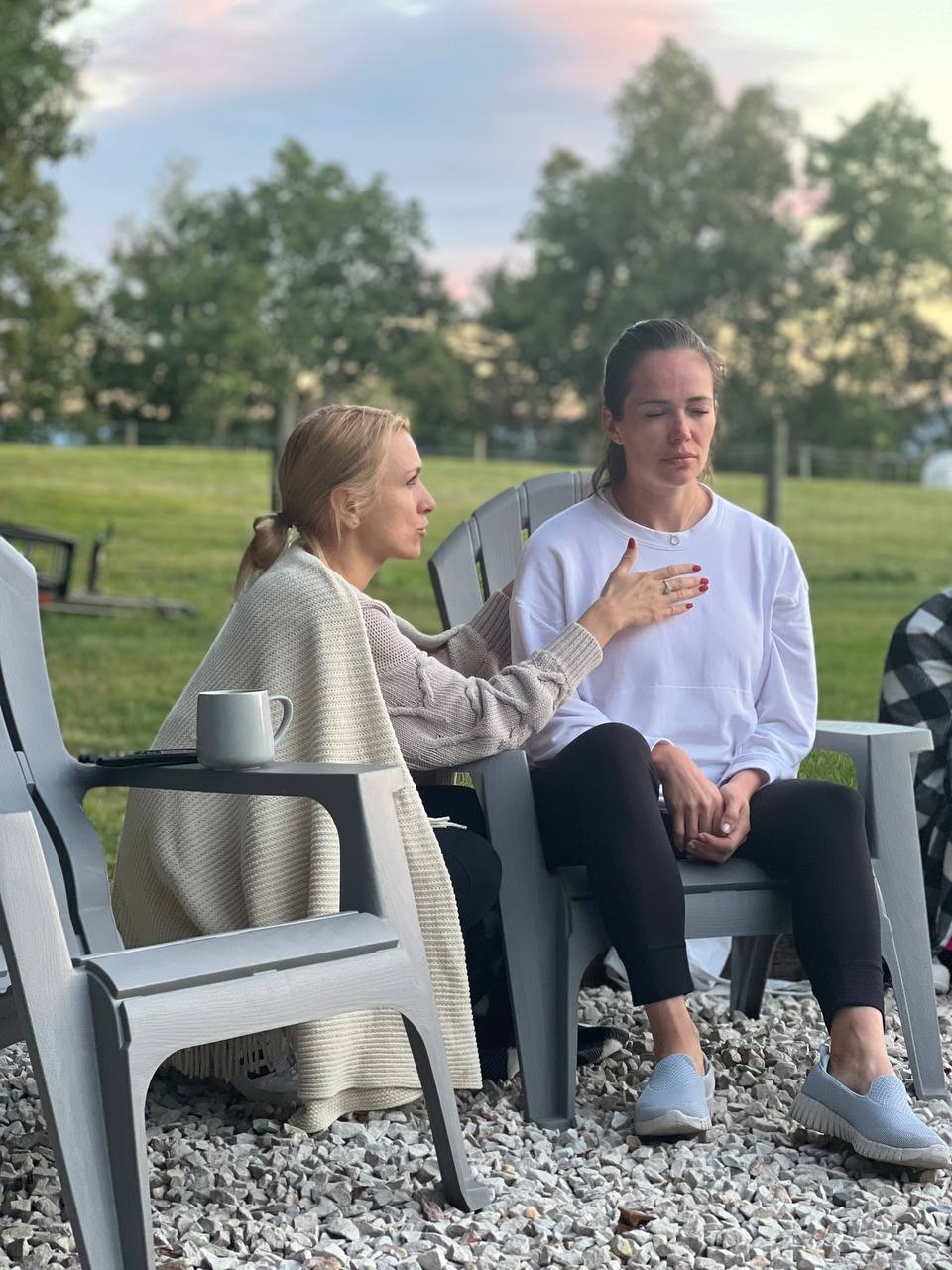
Other than training/knowledge, what do you think is most helpful for succeeding in your field?
The Two Most Important Qualities in My Profession
In my field, having a set of skills and tools is essential, but I believe that two professional qualities matter even more.
The first is embodying my own work—applying every tool I use with clients in my own life. This means constantly testing methods through direct experience, navigating a vast range of emotions, developing inner awareness, and deepening my self-observation. My personal practice never stops; every single day is part of it. More importantly, I firmly believe that you can only teach and transmit what you have fully mastered yourself.
The second is not just empathy, but the ability to create a safe and trusting space—one where a person feels secure enough to be themselves, to face and process their most difficult emotions. This is a great responsibility because I know from personal experience how vulnerable one feels in those moments.
These two qualities—living my own practice and creating a safe space—are what truly define a great specialist in my profession.
Contact Info:
- Website: https://taplink.cc/maria.markelov?fbclid=PAZXh0bgNhZW0CMTEAAaY56sI1WcBNz-hVIoFXsksf8cNc_3uJOUi6VLDODa4TqiK9Pbxs3znEWY4_aem_c48wVKzdn9ApJn2oQhCdPQ
- Instagram: @maria.freeman.psy
- Youtube: @MariaFreemanPsy (in development)
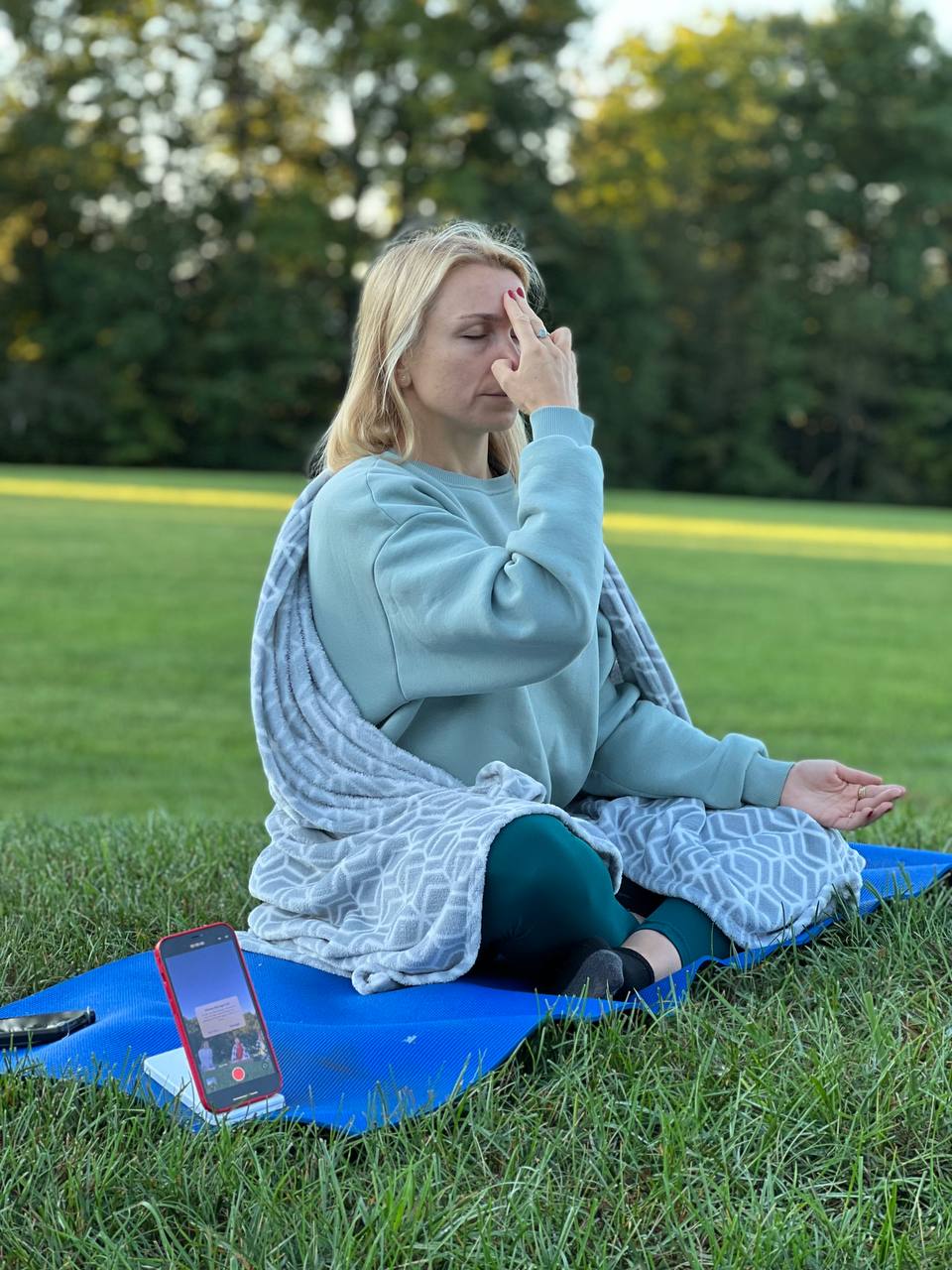
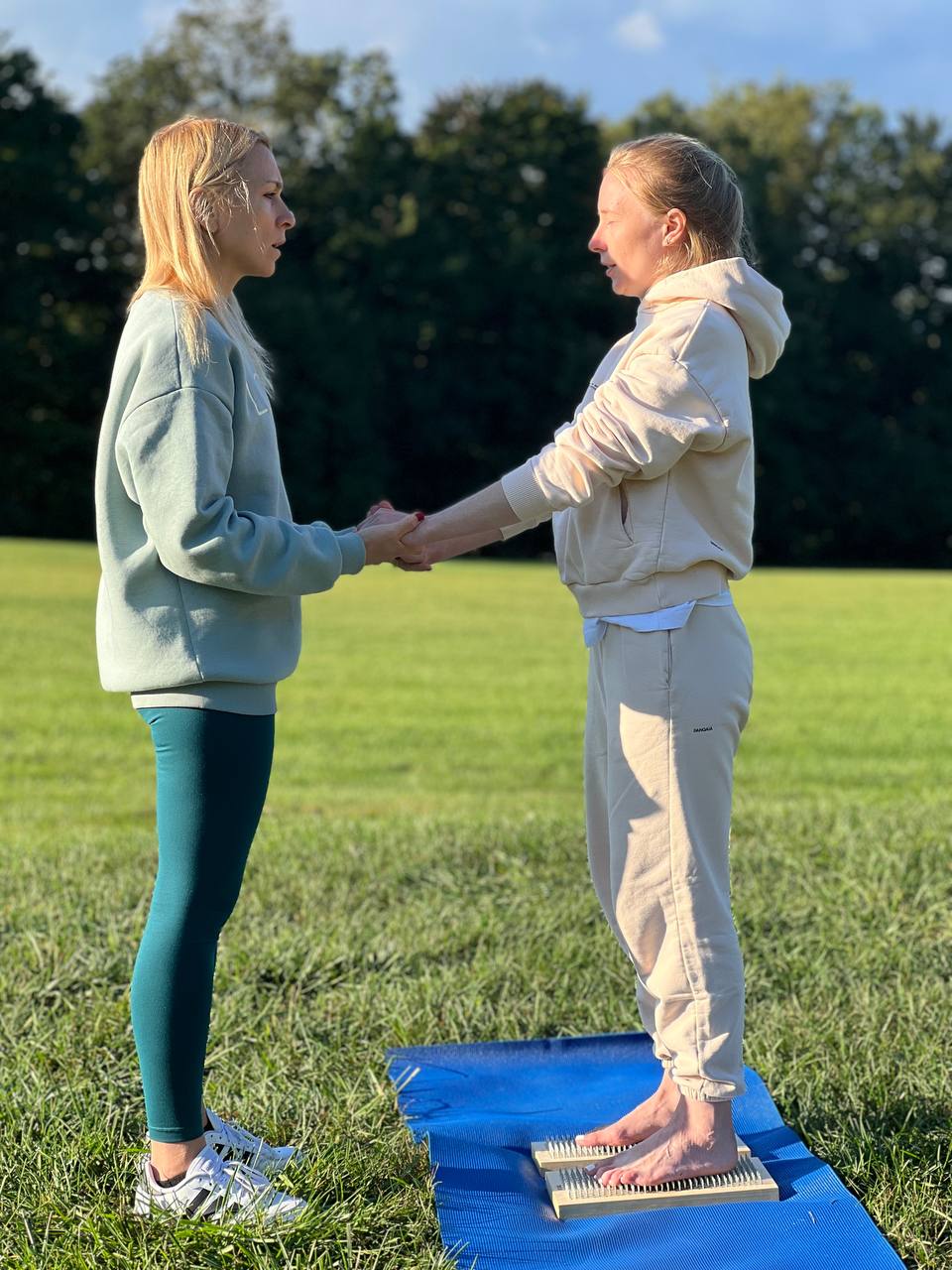
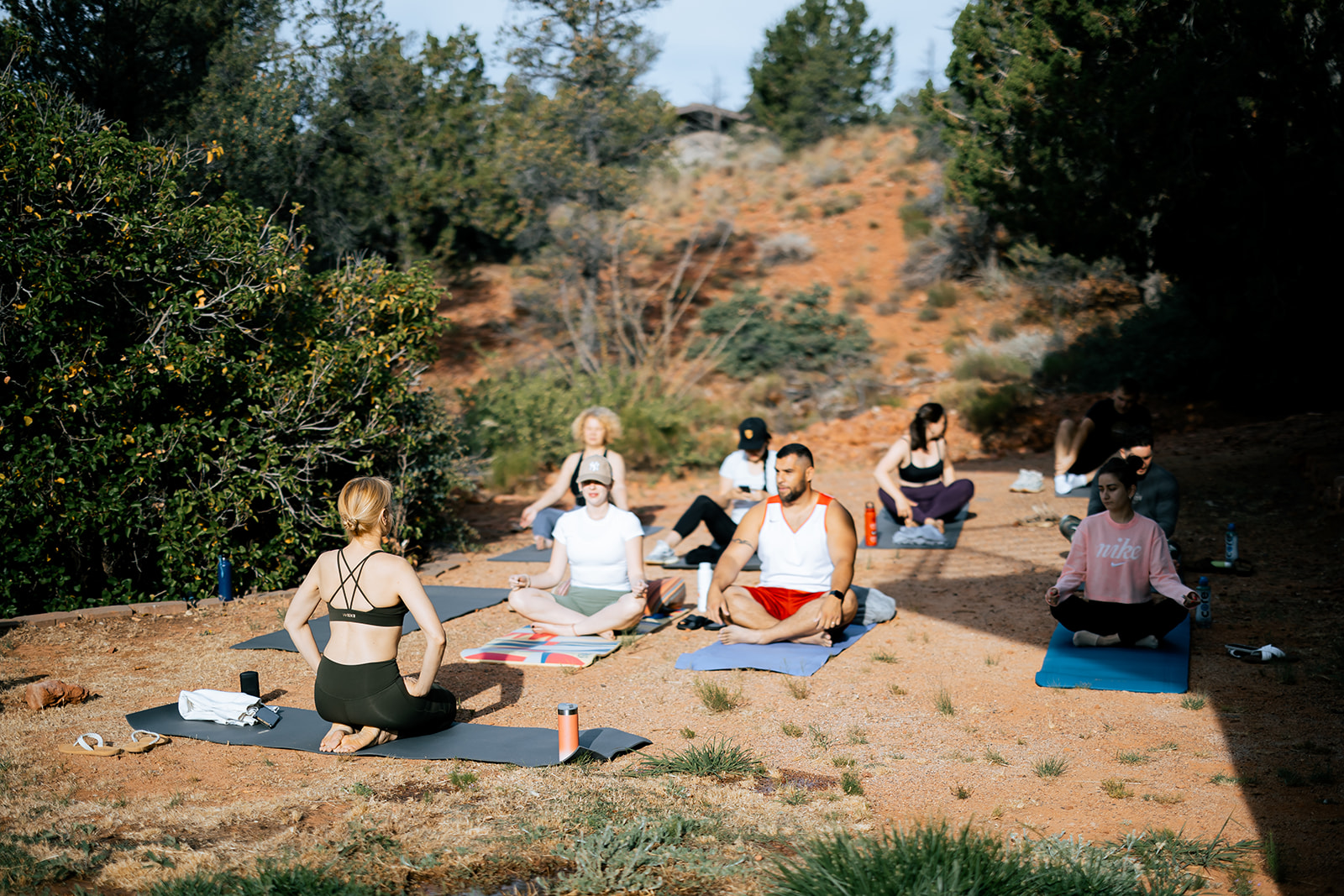
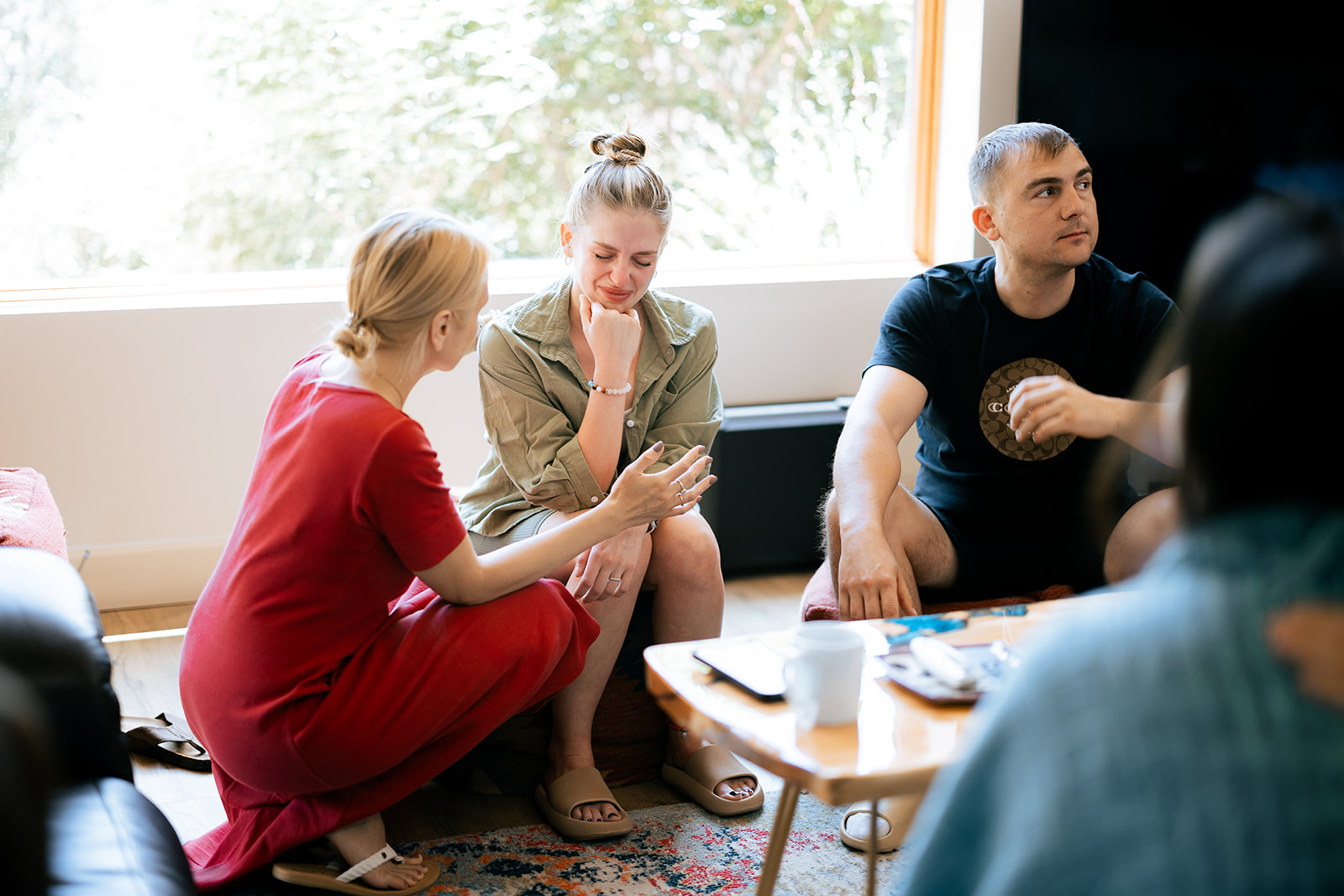

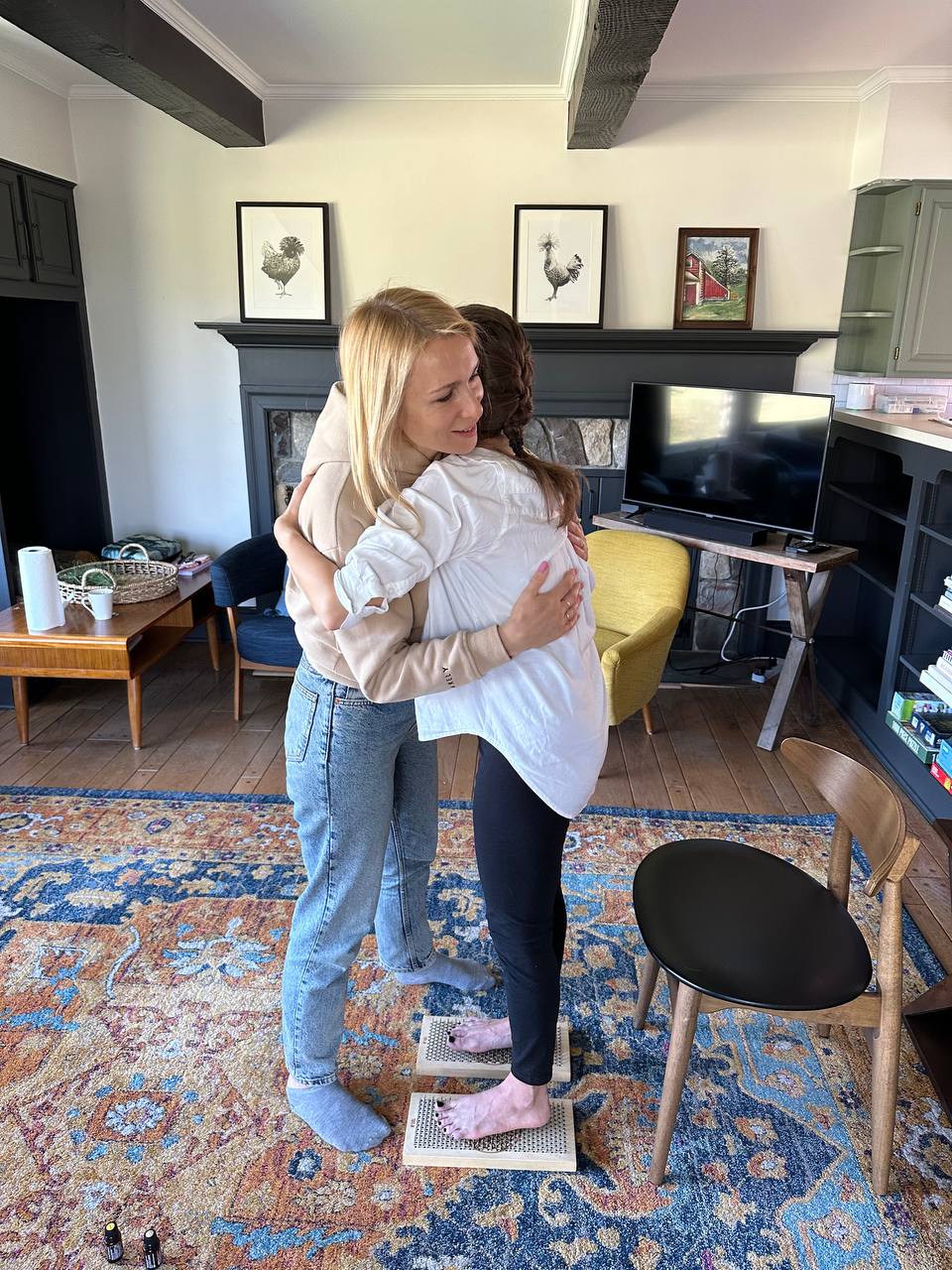
Image Credits
Gleb Freeman


